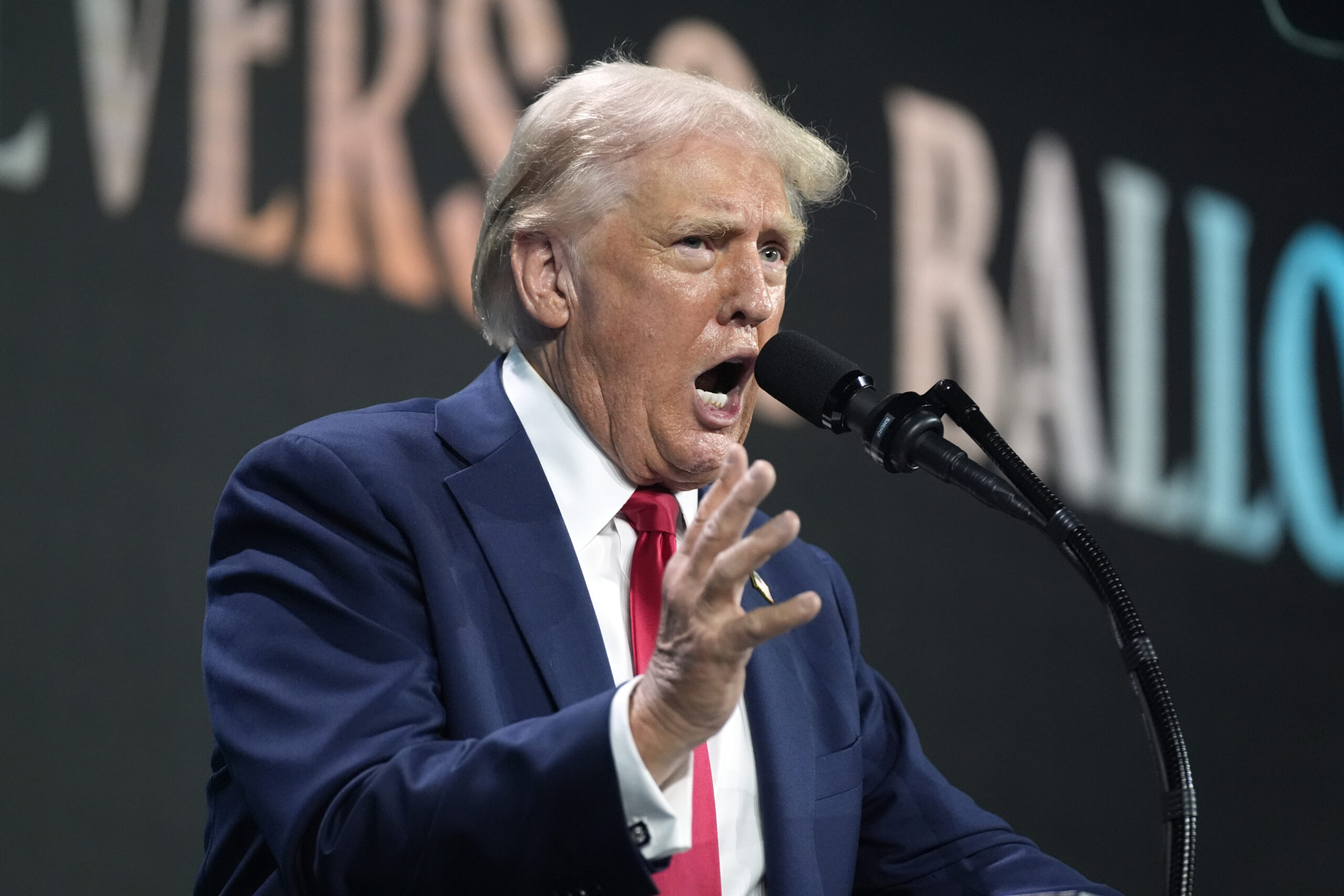Introduction
The first 100 days of a presidency—or campaign relaunch—serve as a crucial temperature check for public opinion. For former President Donald Trump, approaching this milestone in his 2024 campaign cycle, things aren’t looking so hot—especially on the economic front. Recent polling shows a notable dip in voter confidence regarding his ability to manage the economy, a domain he once dominated in public perception.
The 100-Day Benchmark
Why 100 Days Matter in Politics
The “first 100 days” has long been used as a political milestone, dating back to Franklin D. Roosevelt. It sets the tone, offers a preview of leadership, and—let’s face it—it gives both supporters and critics a tangible yardstick.
Historical Expectations and Comparisons
In the past, presidents like Obama and Biden experienced a grace period during their first 100 days, where optimism often soared before reality set in. Trump’s 2024 rerun, however, is being judged with far less patience.
The Poll Numbers
What the Latest Poll Reveals
According to a recent survey conducted by a nonpartisan polling group, only 36% of Americans say they trust Trump to handle the economy—a significant drop from over 50% during his last campaign. Even among registered Republicans, enthusiasm is showing small cracks.
Comparison to Previous Trump Economic Ratings
During his presidency, Trump’s economic approval often hovered near 50%, peaking with job growth stats and stock market gains. That’s a far cry from today’s skepticism.
How Does This Stack Up Against Biden or Obama at 100 Days?
Interestingly, Biden’s economic trust rating at his 100-day mark was slightly higher than Trump’s current numbers, while Obama soared above both during his early days, likely buoyed by post-recession hope.
Public Sentiment on the Economy
What Voters Are Saying
Ask the average voter what they think about the economy, and you’ll hear a mixed bag: “Prices are too high,” “Jobs don’t pay enough,” and “It’s all just uncertainty.” Trust, more than stats, is eroding.
Impact of Inflation, Jobs, and Market Volatility
Inflation is the usual suspect, but underemployment and unstable markets are also dragging down confidence. Despite Trump’s campaign promises, many voters aren’t seeing enough clarity or solutions.
Regional and Demographic Breakdowns
Voters in swing states like Pennsylvania and Michigan report a sharper dip in trust, while younger voters and independents appear to be driving the numbers south.
Media and Expert Reactions
How Mainstream Outlets Are Interpreting the Poll
Major outlets like CNN and The New York Times see the numbers as part of a broader “Trump fatigue” trend. Right-leaning outlets, meanwhile, are urging Trump to “tighten the message.”
What Economists and Analysts Are Saying
Experts are warning that while Trump’s past performance was strong by some measures, current perceptions hinge more on messaging and less on macroeconomic reality.
Trump’s Economic Messaging
Key Talking Points in Speeches and Interviews
Trump continues to tout “record low unemployment” and “energy independence,” but critics argue he’s leaning too heavily on past glories rather than future-focused plans.
Contrast Between Rhetoric and Public Perception
There’s a disconnect. Trump talks about a “booming future,” but many Americans are feeling financially stuck, which makes his optimism sound out of touch.
The Role of Social Media and Misinformation
Shifting Narratives Online
Platforms like Truth Social, X (formerly Twitter), and Facebook are buzzing with economic takes—some rooted in facts, others… not so much.
How Misinformation May Skew Economic Perceptions
When viral posts spin gas prices or interest rates inaccurately, it shapes perception. Trust erodes not just in candidates, but in the economy itself.
Key Economic Indicators
Unemployment, GDP Growth, Inflation
Despite low unemployment and decent GDP growth, inflation and housing affordability are undermining confidence.
Market Confidence and Consumer Spending Trends
Consumer confidence remains lukewarm, and that hesitancy translates to spending slowdowns—affecting everything from Wall Street to small-town shops.
Political Ramifications
What This Could Mean for Trump’s Campaign
Economic trust is a pillar of Trump’s appeal. Losing it could mean losing key swing voters, especially independents and moderates.
GOP Concerns and Internal Feedback
Whispers inside the GOP suggest that strategists are urging a “reset” on economic messaging—more practical solutions, less self-congratulation.
Historical Context
Presidents Who Lost Public Economic Trust
George H.W. Bush learned this the hard way—great resume, bad timing, and the perception of economic detachment cost him re-election.
How They Recovered (Or Didn’t)
Reagan’s team famously “stayed on message” and recovered. Others weren’t so lucky. The lesson? Ignore public sentiment at your peril.
Public Trust and the Economy
Why Trust Matters More Than Numbers
The economy isn’t just numbers—it’s emotional. When people feel secure, they spend and invest. When they don’t, even good stats don’t matter.
Emotional Economics—How People Feel Drives Policy Impact
A booming stock market doesn’t help if groceries and rent feel unaffordable. Trust is fragile—and right now, Trump’s is wobbling.
The Road Ahead for Trump
Can Trust Be Regained Before Primaries?
It’s possible, but not easy. Trump needs a compelling, believable economic plan—not just slogans.
Strategy Shifts and Messaging Pivots
Advisors hint at a coming shift toward more specific economic policies focused on affordability, jobs, and debt relief.
Conclusion
With the 100-day milestone just around the corner, Donald Trump is facing a reality check. Once viewed as a confident hand on the economic wheel, he’s now grappling with growing public skepticism. Whether it’s due to changing economic realities, shifting political winds, or campaign missteps, one thing is clear: if Trump wants to reclaim his status as a trusted economic leader, he’s got serious work to do.
